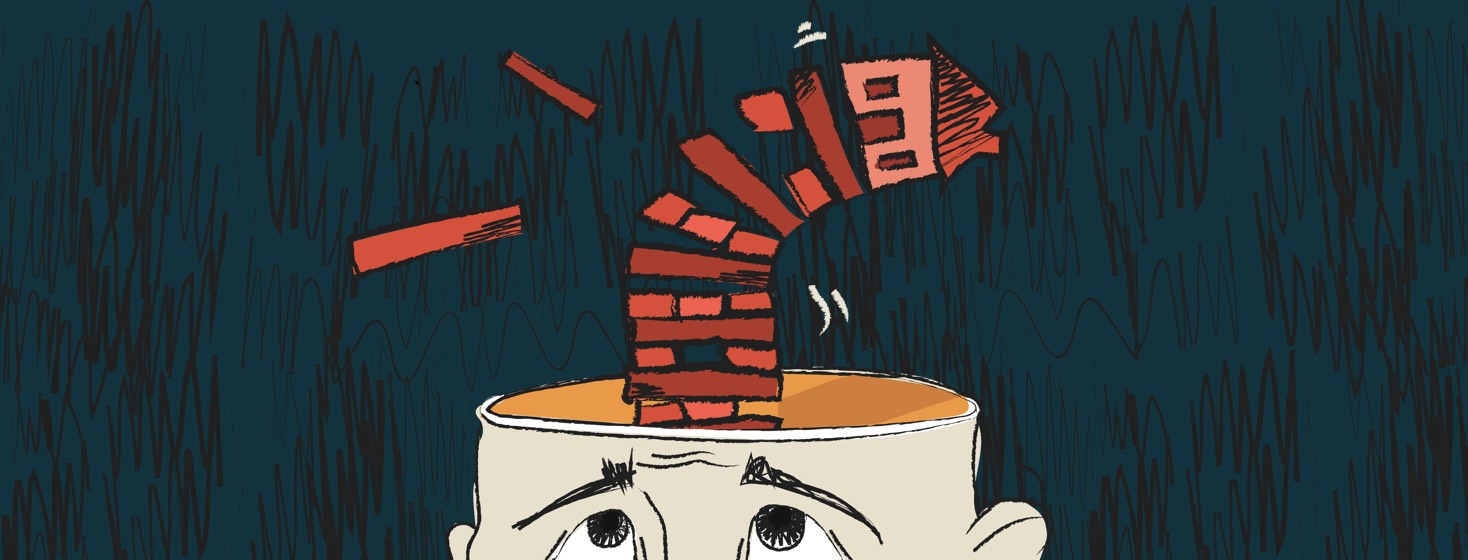Psoriasis Anxieties: Relationships & Family
In this series, we discuss causes of anxiety for those facing physical illness and its side effects. Phrases in bold are the words of our community members across various conditions on what it's like to deal with these anxieties.
When you ask anyone what’s most important, they’ll often put family and friends at the very top. Mutual support is an important part of a relationship: you can support them when they’re in need, and they can in turn be there for you. This becomes a lot more complicated when chronic illness gets in the way. It can make it harder for others to understand what you need.
Sources of anxiety
Community members mentioned changes in relationships with partners and other family members, their children's risk of inheriting their condition, feeling like a burden, and much more...
“My family don't understand” / “family will get tired of me”
Some feel that their condition is downplayed by their family, or that they understand some challenges but not others. They may be able to understand physical symptoms or side effects, but be less understanding of the emotional toll. It can be hard to talk to a family member who doesn’t want to face your diagnosis or doesn’t believe what you’re telling them.
“Being able to look after my son”
Many community members talked about letting their family members down, especially their children. Parenthood becomes a big part of your identity, and chronic illness can bring added stress and even make you feel like you aren't up to the task. When either you or your children are dealing with a painful and frustrating condition, it's easy to feel like things are out control or that you aren't doing enough.
”The feeling of not being able to provide for my wife.”
You might feel pressure from others or yourself to be strong or tough and provide financially. Taking time away from work to focus on you or your family's health can bring stress to the family, and even leave you feeling guilty. You may need to find a new balance in order to prioritize health concerns.
"Dating!!!!"
If you’re dating or in a new relationship, there are a whole lot of other expectations. Not only do you worry about what to wear or what to say, you struggle with when, if, and how you’ll explain your condition. It’s a hard balance to know how much you'll share. You may want to be open, but fear scaring them away. This can be especially hard when you've been hurt in the past.
Seeking support
It’s important to keep lines of communication open when you can. Many people described the love and support that comes from sharing their frustrations with those closest to them. There are times, however, when you may want to vent and connect farther from the pressure of home. Here’s a few ideas for finding support:
- Communities like ours and support groups and nonprofits for your condition can be full of people who get how hard it is to balance family life.
- Not everyone is open to family and couples counseling, but for some it can help to gain perspective on the challenges you’re facing.
- Ask how your loved ones are feeling, and encourage them to seek support if they need it. Making sure they're taken care of can open communication and ease stress.
- 6 Things Living with Psoriasis has Taught Me by Alisha Bridges on relationships and ways to cope with psoriasis.
- An Interview with My Wife by Chris Pettit on marriage and managing relationships.

Join the conversation